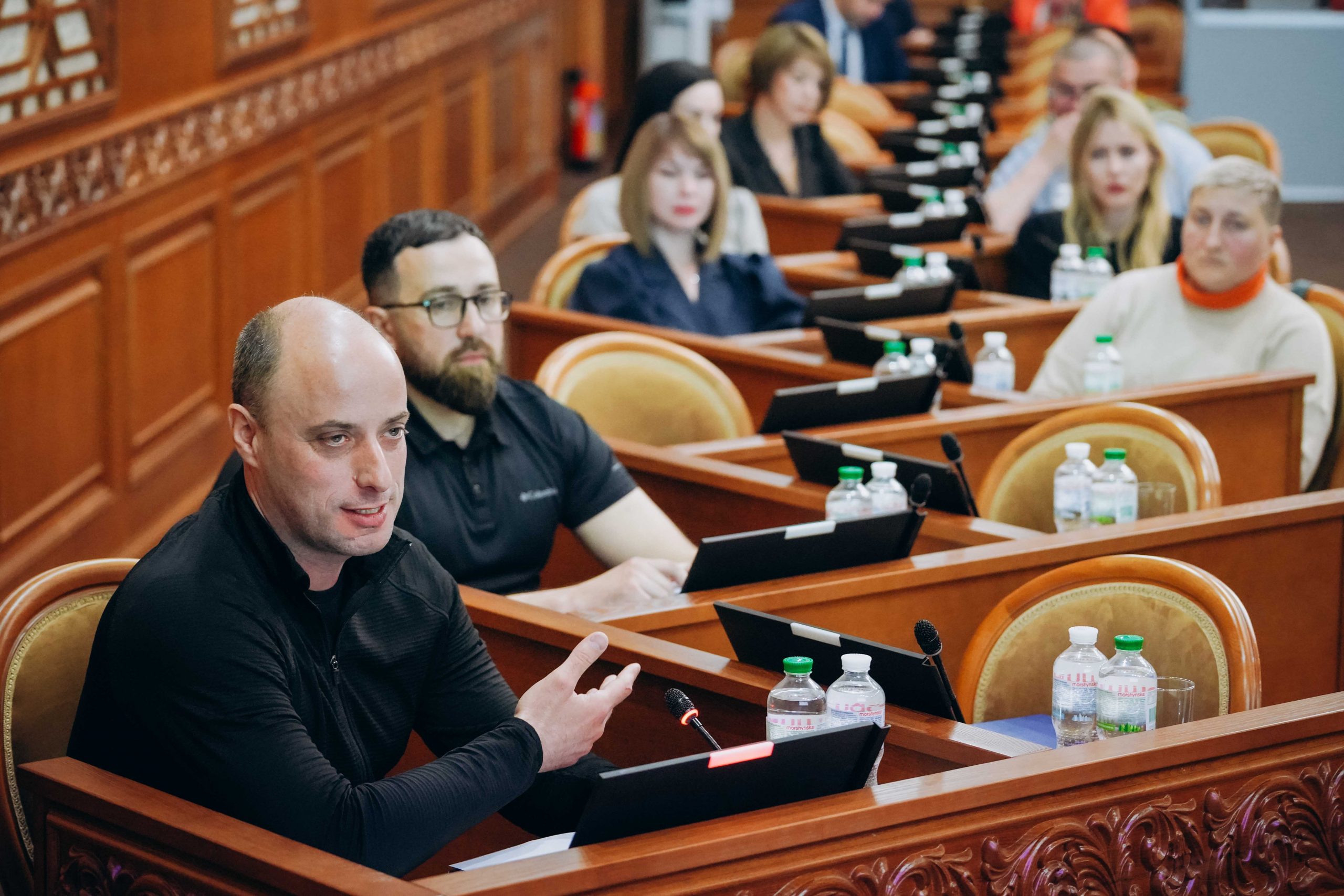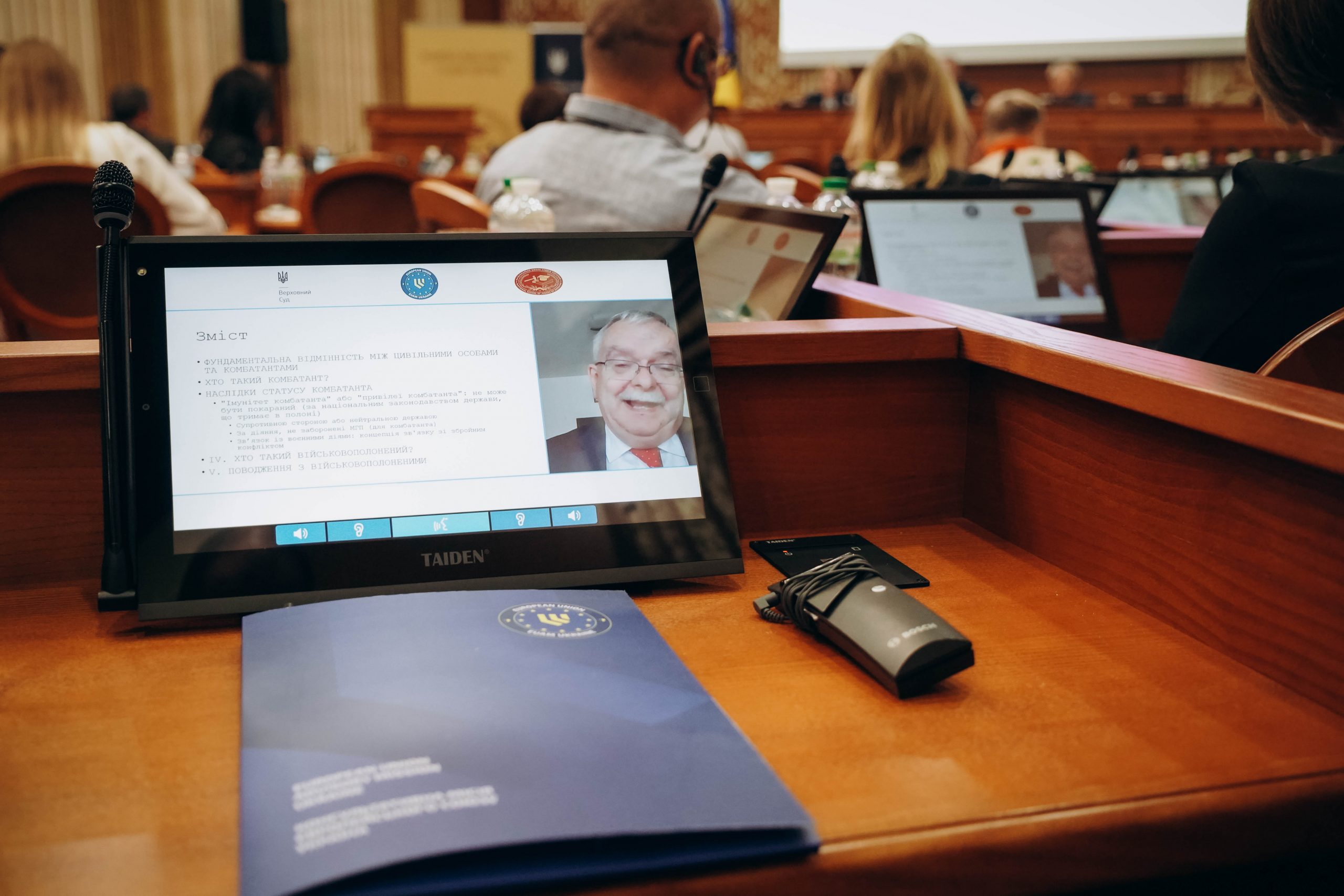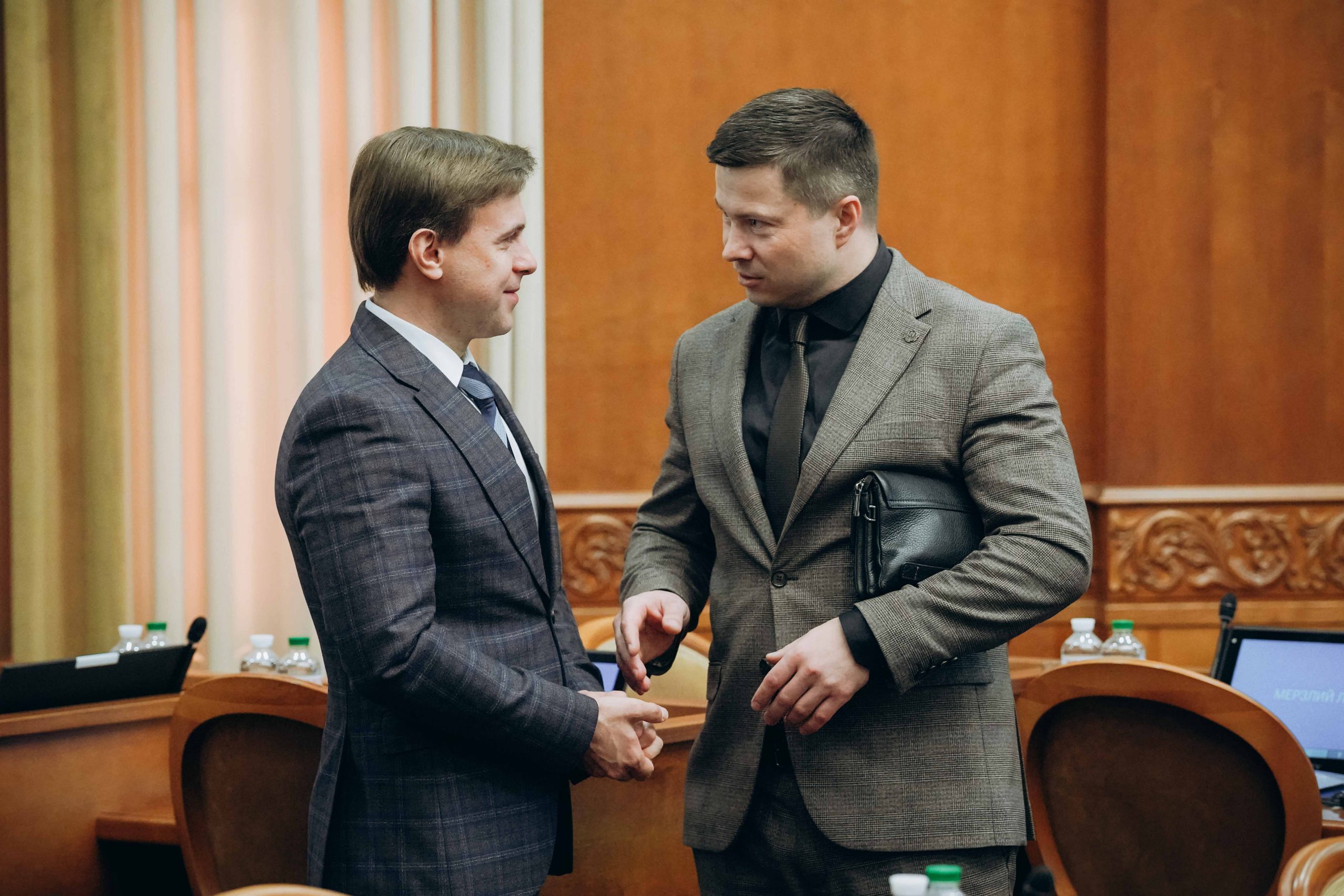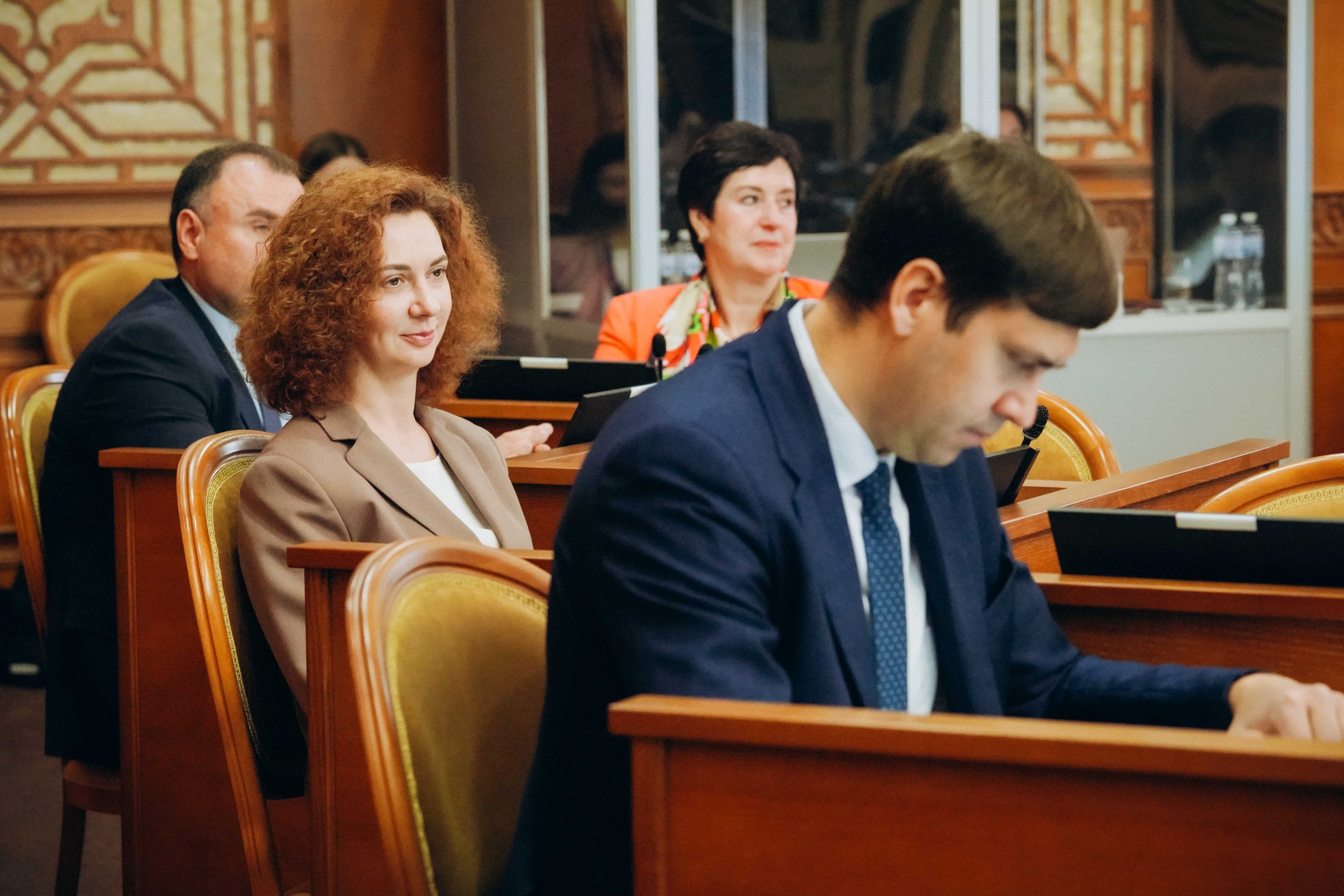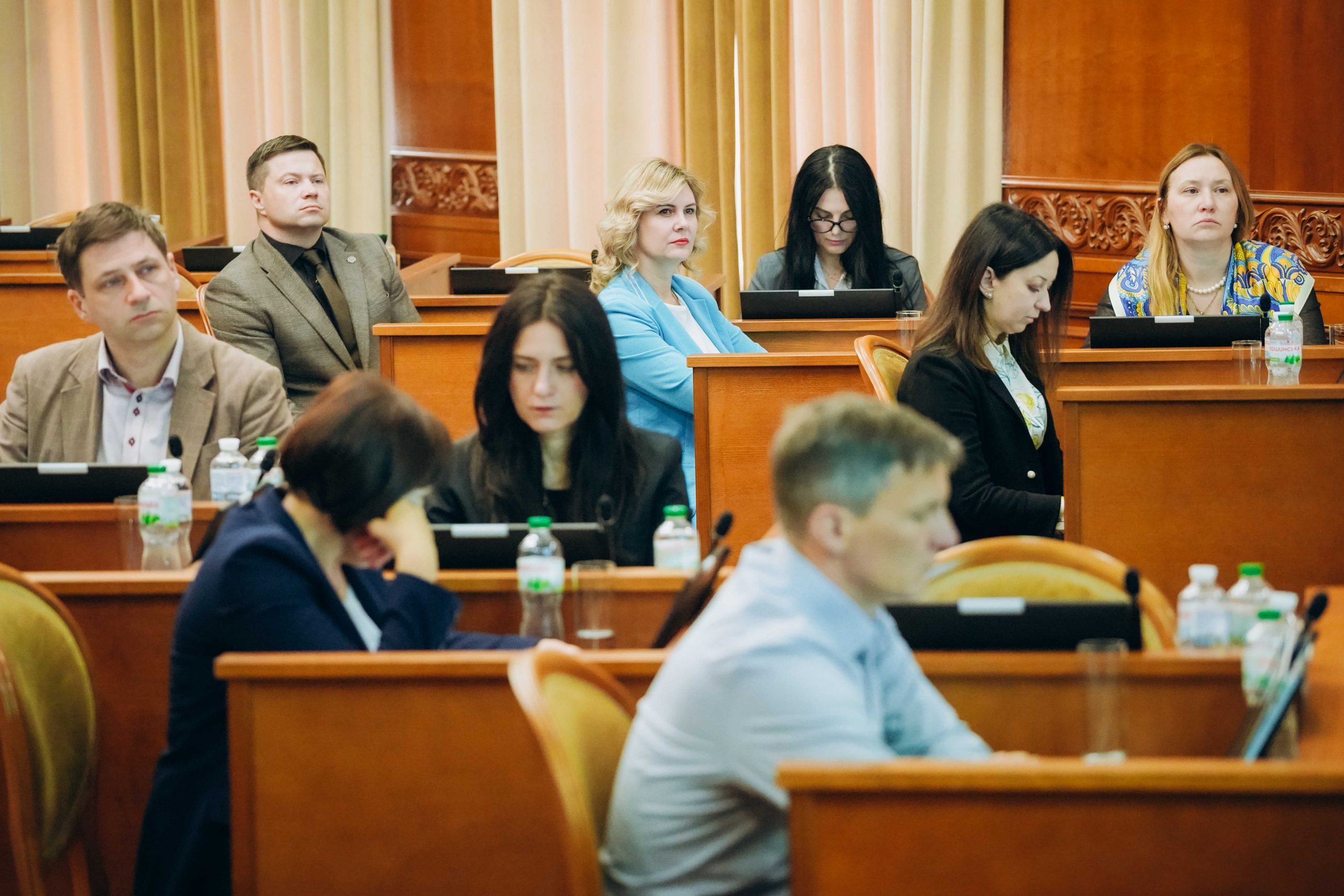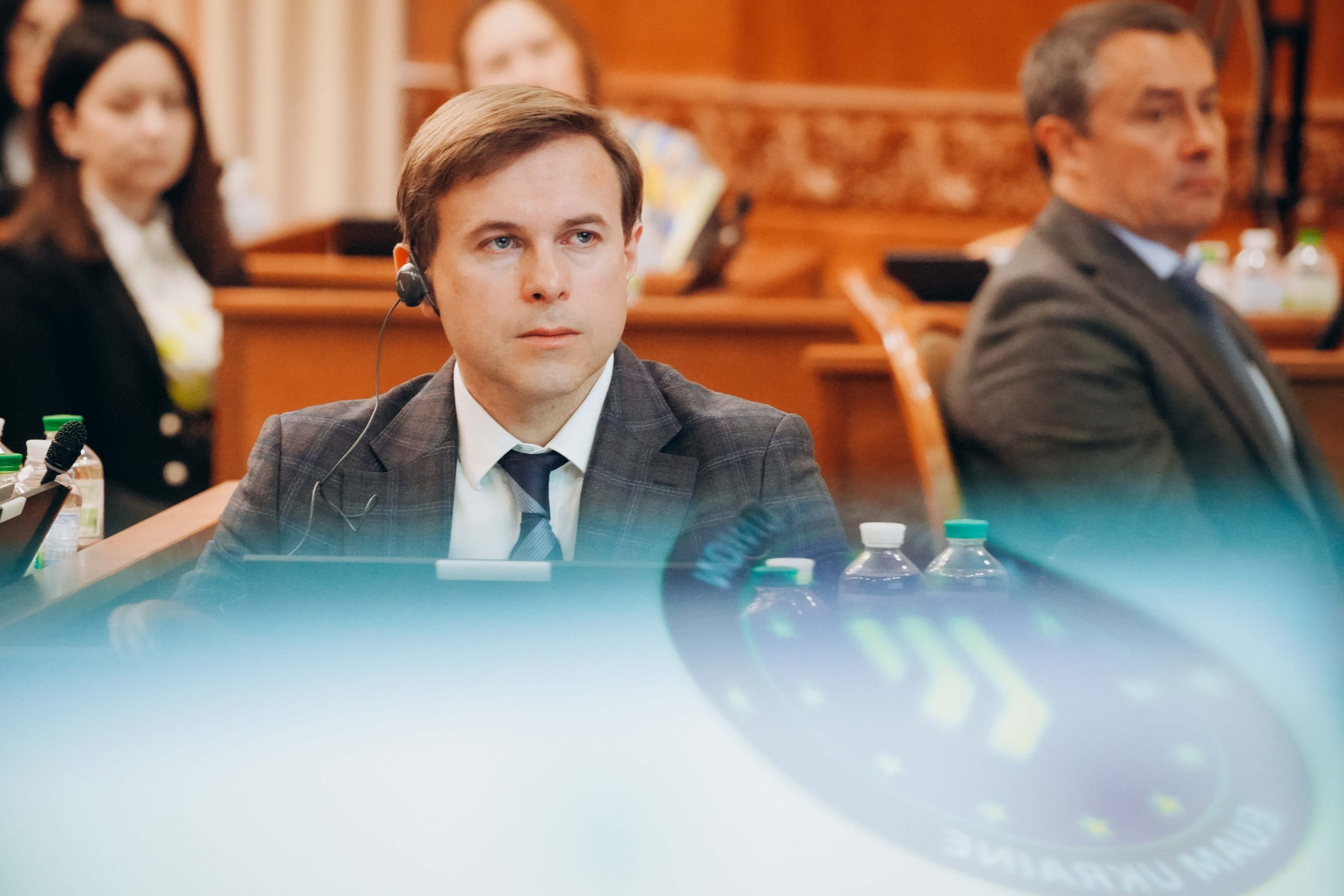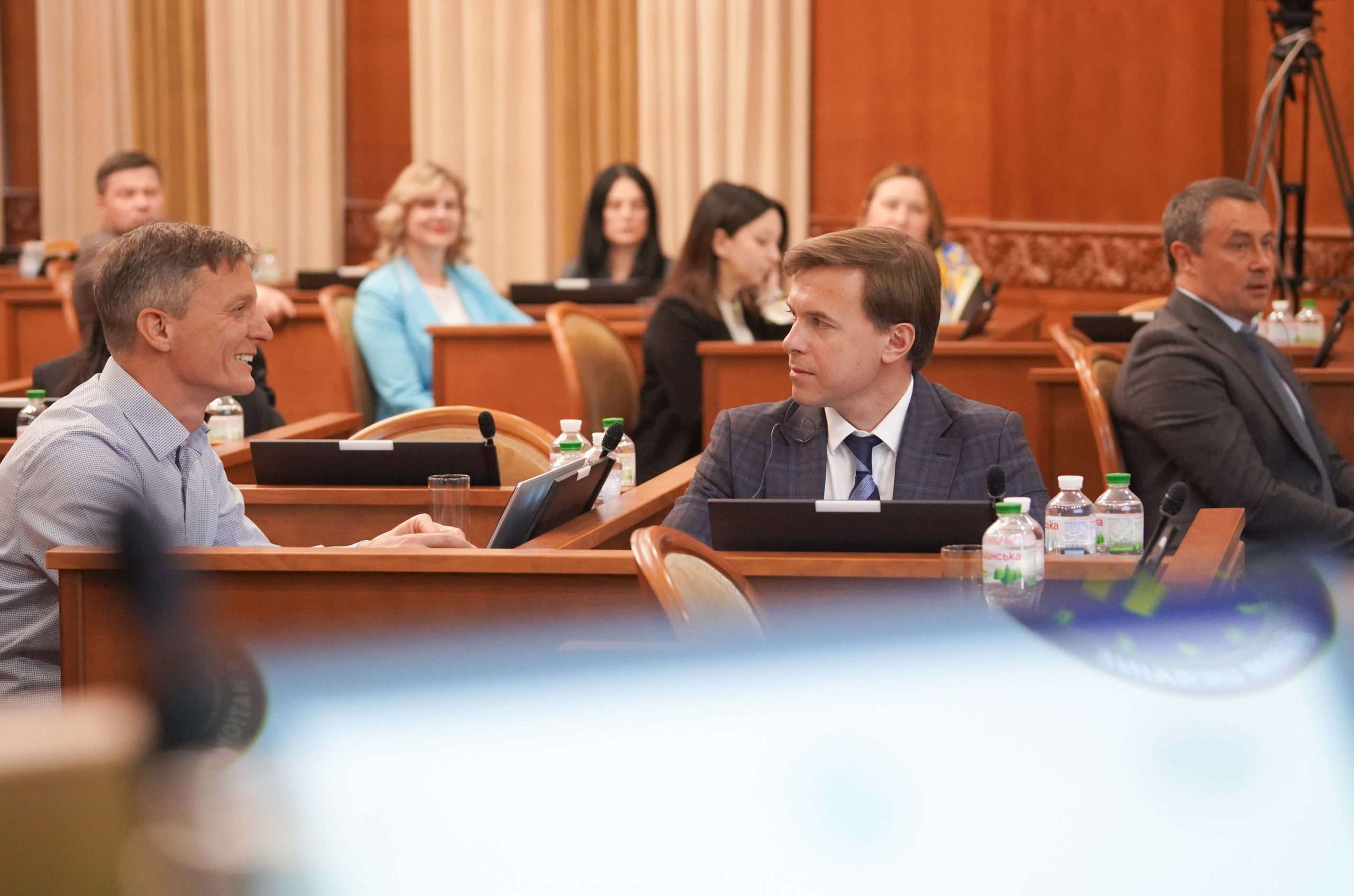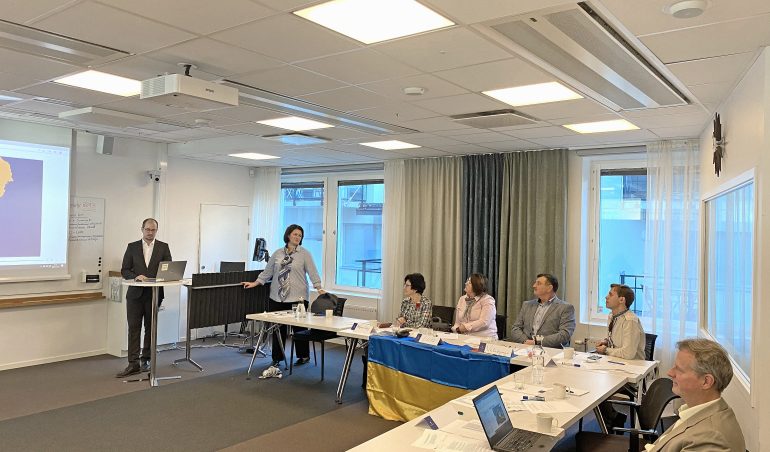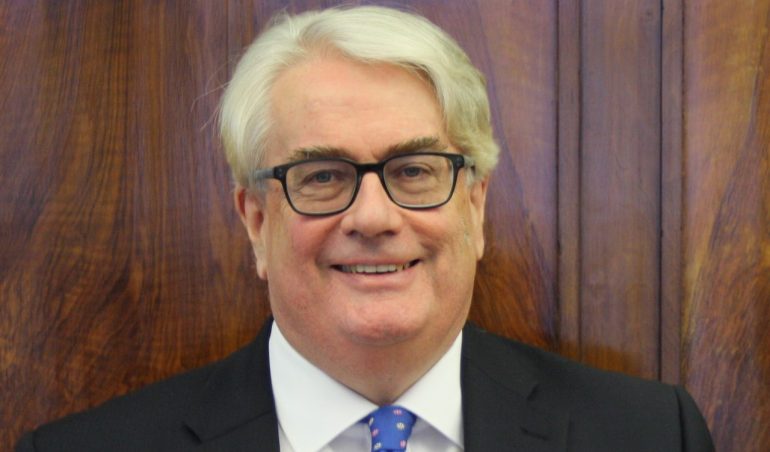Combatant Immunity under International and National Law: The Supreme Court Hosts a Thematic Seminar
May 15, 2025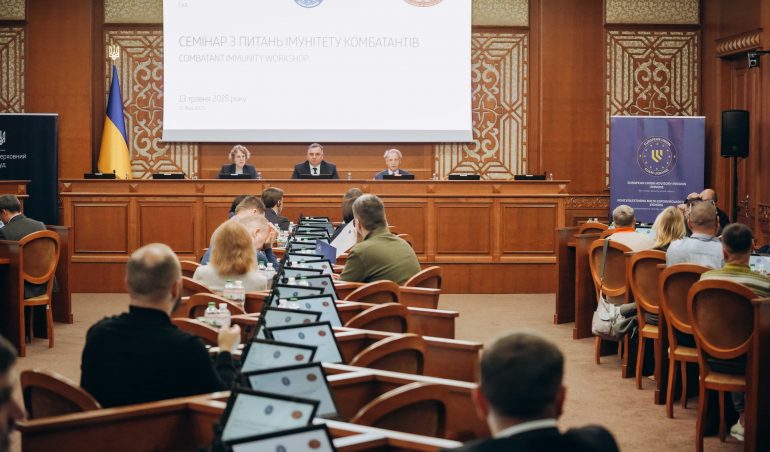
Today, the norms of international humanitarian law are undergoing the most severe test of their resilience — a test by war. In such a moment, it becomes especially important not only to remain faithful to legal principles but also to deeply understand their essence, history, and meaning for effective practical application.
In a modern, civilised world, questions such as the right to wage war or the status of combatants should not arise. However, as humanity has yet to develop a mechanism to prevent wars, we must at least focus on improving legal regulation and finding ways to alleviate the suffering of those involved — including prisoners of war. A key priority in this context is to distinguish between acts committed by those with combatant status, which exempts them from criminal liability for participation in hostilities, and acts that constitute war crimes.
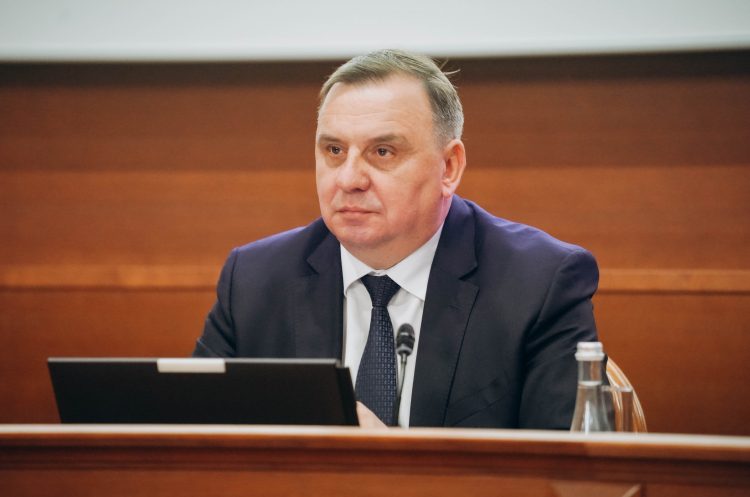
This was the central message from the Head of the Supreme Court, Stanislav Kravchenko, during a practical seminar held at the Supreme Court. The event focused on the issue of combatant immunity in light of international humanitarian law, Ukraine’s national legislation, and the practice of prosecuting war crimes.
According to Mr Kravchenko, since the beginning of the Russian Federation’s armed aggression against Ukraine in 2014, the Ukrainian legal system has faced complex challenges in applying legislation designed for peacetime to wartime conditions — including hybrid war scenarios.
He highlighted the importance of the Supreme Court’s Grand Chamber decision of 28 February 2024 in case no. 415/2182/20, which addressed the criteria for identifying perpetrators under Article 437 of the Criminal Code of Ukraine (Crime of Aggression). “This ruling serves as a national benchmark for determining who may qualify as a perpetrator of this crime,” he emphasised.
Following Russia’s full-scale invasion of Ukraine, legal questions around combatant status and the exchange of prisoners of war have become even more pressing. In response, on 28 July 2022, the Verkhovna Rada adopted Law No. 2472-IX “On Amendments to the Criminal Code, Criminal Procedure Code and Other Legislative Acts of Ukraine Regarding the Regulation of the Procedure for the Exchange of Persons as Prisoners of War”. The law, which came into force on 19 August 2022, provides for the release of convicted individuals if a competent authority has decided to transfer them for exchange as prisoners of war and they have given written consent to such exchange.
He also expressed his gratitude to the European Union Advisory Mission (EUAM) Ukraine and the National School of Judges of Ukraine for co-organising the event and for their partnership.
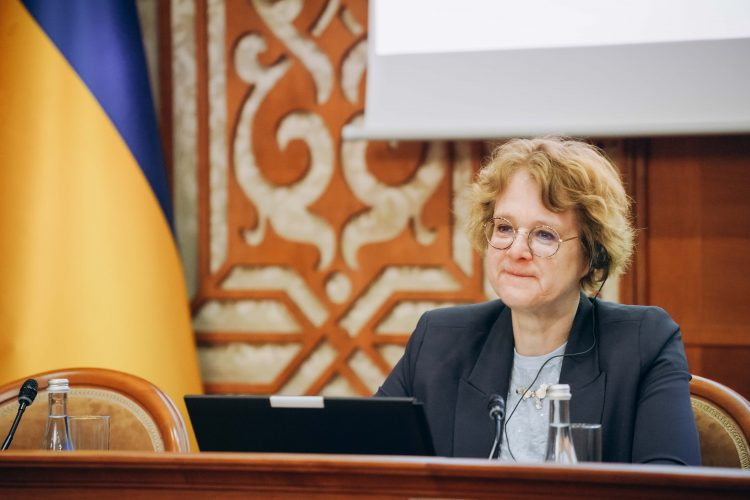
Magda Koole, EUAM Ukraine’s Senior Adviser on the Prosecution of International Crimes, addressed the seminar participants on behalf of the Mission. She expressed her respect for Ukrainian colleagues working under the conditions of war and thanked the Supreme Court and the Office of the Prosecutor General for their close cooperation, underlining that meaningful results can only be achieved together.
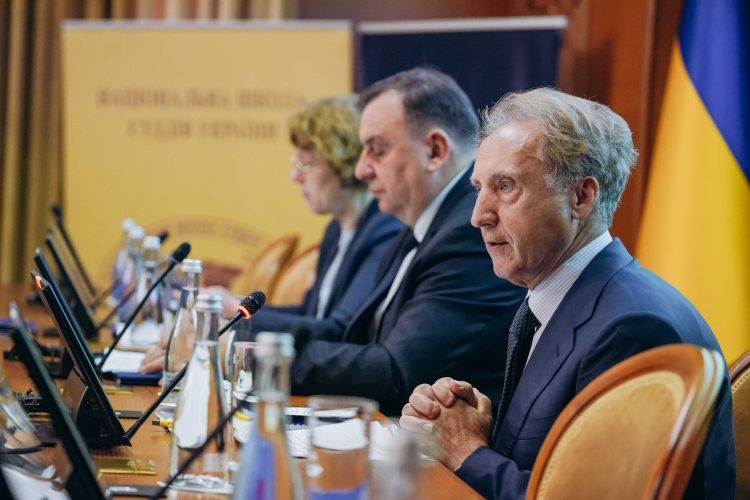
In his welcome remarks, Mykola Onishchuk, Rector of the National School of Judges of Ukraine, noted that the legal status of combatants and the specificities of trying war crimes remain sensitive and require detailed analysis in light of international humanitarian law standards. For this reason, the topic continues to be part of judicial training and expert discussion agendas.
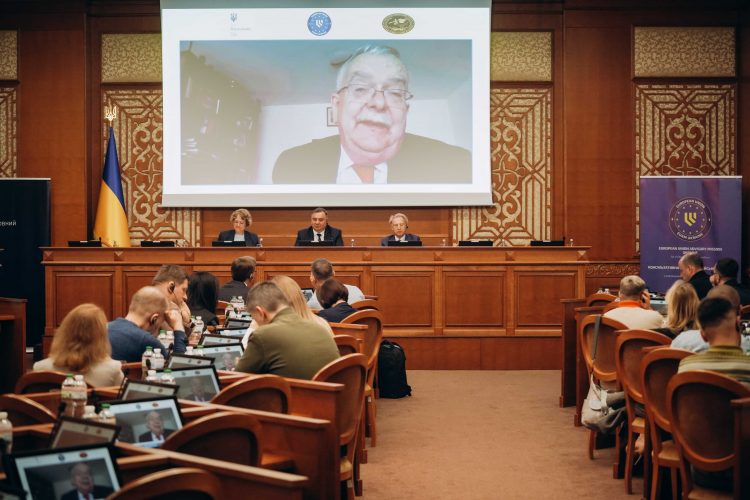
As part of the seminar, Professor Marco Sassòli — honorary professor of international law at the University of Geneva (Switzerland) and associate professor at the University of Quebec in Montreal (Canada) — discussed the specificities of combatant immunity under international law and examined its relation to complicity in the crime of aggression.
Judge Mykola Mazur of the Supreme Court’s Grand Chamber highlighted inconsistencies between the Rome Statute of the International Criminal Court and Ukraine’s Criminal Code. He noted that Article 8 of the Statute specifically refers to a “special subject” — a person who effectively exercises control over a state’s political or military actions. Ukrainian legislation had long lacked a corresponding provision, making it difficult to properly qualify combatants’ actions and hold individuals accountable if they did not have real influence over waging war.
Judge Mazur reviewed the application of Article 437 of the Criminal Code of Ukraine, pointing out that during the early years of Russia’s aggression (2014–2017), several convictions targeted low-level combatants. In response to these challenges, the Supreme Court’s Grand Chamber established a clear legal position: only individuals in leadership positions or those with significant influence over political or military processes may be held liable for the crime of aggression.
He also referred to the practices of the Nuremberg Tribunal and contemporary international legal approaches to the qualification of war crimes.


